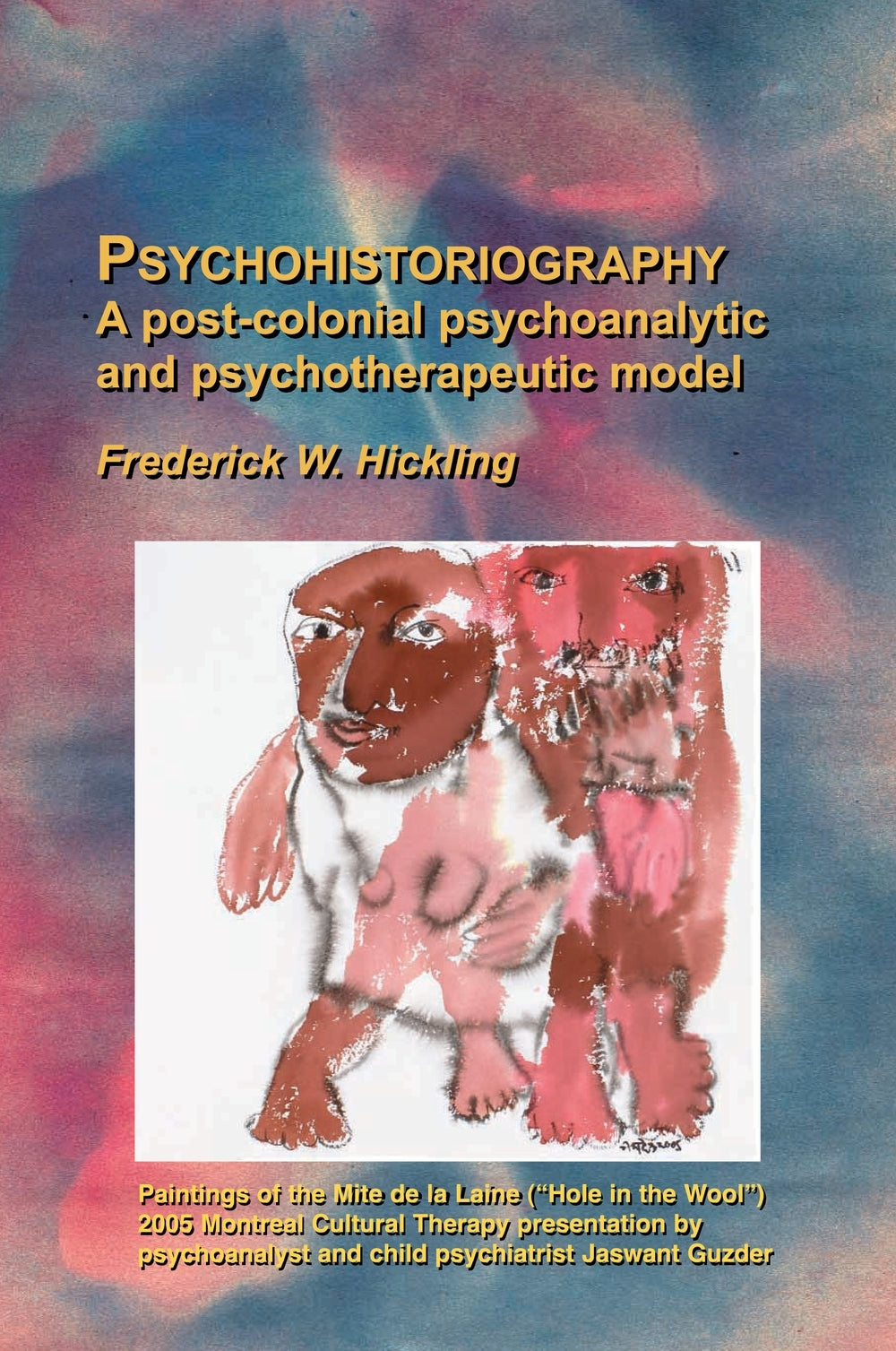1
/
of
0
Psychohistoriography
A Post-Colonial Psychoanalytical and Psychotherapeutic Model
- Author
Regular price
$49.95
Regular price
Sale price
$49.95
Unit price
/
per
We we're unable to submit your request, please try again later.
Thank you. An email will be sent when this product is back in stock.
Invalid email entered
Not available for shipping to the following countries:
- ATG
- BHS
- BRB
- BMU
- BLZ
- VGB
- CYM
- DMA
- GRD
- GUY
- MSR
- KNA
- AIA
- LCA
- VCT
- TCA
This book lays out the model of psychohistoriography, which challenges dominant Eurocentric approaches to psychology and mental health, and includes a step by step process which professionals can use with clients of Caribbean or black and minority ethnic (BME) descent to explore issues around race, identity and culture.
Psychohistoriography takes the form of a model for group psychotherapy in which members of a particular group or community narrate their stories within the context of a pertinent cultural or historical issue. The process includes deep breathing and stretching exercises, large group analysis where discussion and storytelling is encouraged, and exercises which involve challenging dominant discourses of historical events. At the heart of this process is a 'matrix': a time line showing a chronological period with two threads – one showing the events described from a European perspective, and the other showing the same events from a BME perspective, teaching clients to challenge pre-conceived conceptions of history, and its grand narratives. The final stage is the production and performance of 'scripts', as part of a group sociodrama which helps clients understand and explore their feelings.
This book will be of use to therapists, counsellors, mental health professionals and social workers with clients of Caribbean or other black and minority ethnic origin.
Psychohistoriography takes the form of a model for group psychotherapy in which members of a particular group or community narrate their stories within the context of a pertinent cultural or historical issue. The process includes deep breathing and stretching exercises, large group analysis where discussion and storytelling is encouraged, and exercises which involve challenging dominant discourses of historical events. At the heart of this process is a 'matrix': a time line showing a chronological period with two threads – one showing the events described from a European perspective, and the other showing the same events from a BME perspective, teaching clients to challenge pre-conceived conceptions of history, and its grand narratives. The final stage is the production and performance of 'scripts', as part of a group sociodrama which helps clients understand and explore their feelings.
This book will be of use to therapists, counsellors, mental health professionals and social workers with clients of Caribbean or other black and minority ethnic origin.
- Published: Sep 15 2012
- Pages: 248
- 228 x 153mm
- ISBN: 9781849053570

Press Reviews
Therapy Today
As a psychotherapist with an interest in transcultural perspectives, I found its discussions about cultural sensitivity when working with clients from different heritages illuminating, relevant and powerful. I would recommend it to any practitioner seeking to broaden their understanding of these issues.
